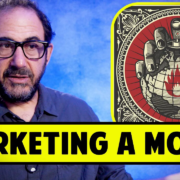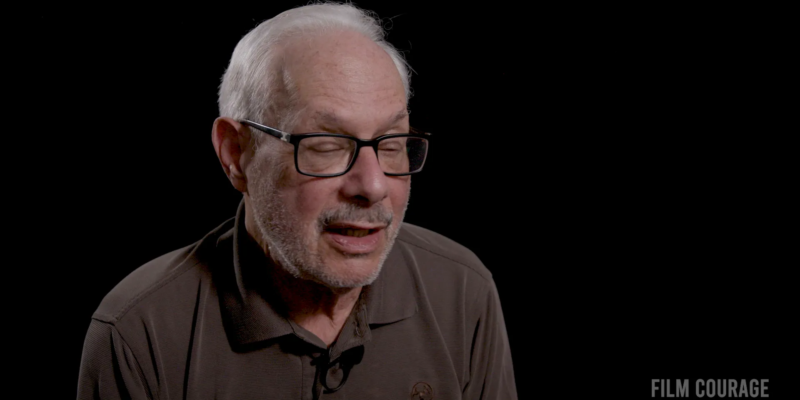
Embracing Change: A Journey of Self-Discovery in Midlife
Midlife is often seen as a turning point, a moment to reflect on life’s journey, and an opportunity for transformation. In this blog post, we delve into the insights shared by Paul Chitlik, an author and screenwriter, about self-examination and the pivotal changes that can arise during this stage of life. His reflections offer profound guidance for anyone contemplating their own journey of change, particularly in their 40s and beyond.
Table of Contents
- Recognizing the Need for Change
- Seeking Help and Self-Examination
- Change Across Life Stages
- Changing Environments: Urban vs. Rural
- Embracing Competition and Conflict
- Finding Balance in Life Changes
- Conclusion: Encouraging Future Generations
- FAQs
Recognizing the Need for Change
At the heart of Chitlik’s message is the importance of self-reflection. He emphasizes the necessity of asking oneself tough questions:
- Am I happy where I am?
- Am I doing the things that I wanted to do?
- Would the child that I was be proud of the adult I’ve become?
These questions are crucial for anyone seeking to understand their current state and the potential for change. If the answers to these questions reveal dissatisfaction, then it’s time to consider making changes. Chitlik insists that change is possible at any stage of life once you recognize the need for it.
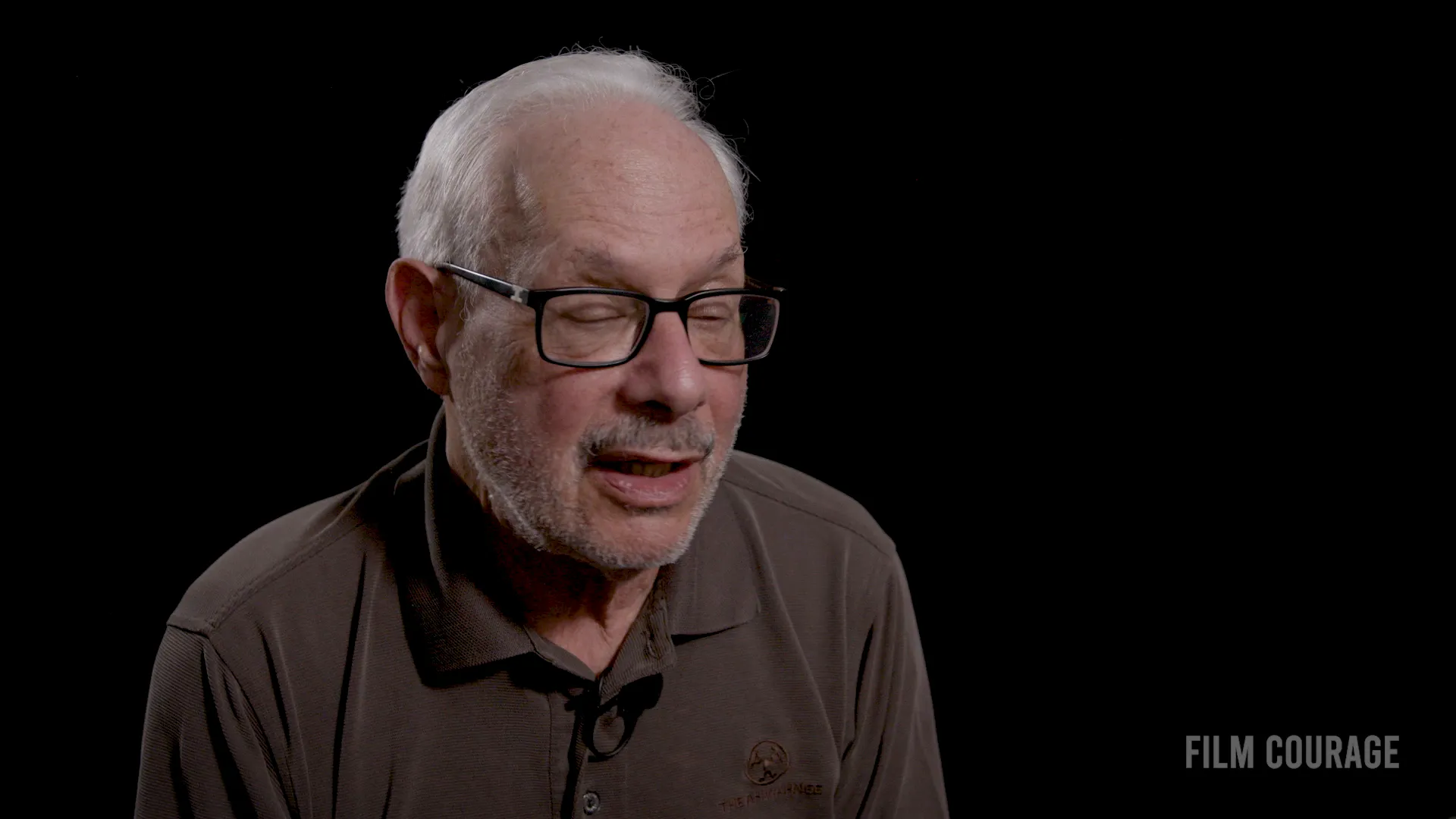
Seeking Help and Self-Examination
Chitlik points out that asking for help is not a sign of weakness but a necessary step towards self-improvement. He advocates for self-examination and research—whether through religion, philosophy, or conversations with friends—to gain clarity on personal issues. For instance, if someone struggles with addiction, acknowledging the problem and seeking help is essential. This principle is echoed in programs like Alcoholics Anonymous, where individuals admit their struggles and seek support from others.
Chitlik’s belief is clear: you can change your life once you realize that change is needed. To be the person you aspire to be, you must embrace that journey.
Change Across Life Stages
As we navigate different life stages, the ease of making changes can vary. Chitlik shares his experiences of significant life changes, such as moving from one country to another or shifting careers. He reflects on the importance of being open to change, stating that life often presents situations that compel us to adapt.
He acknowledges that not everyone feels the need to change. Some individuals may feel content with their lives, while others may find themselves in a perpetual cycle of dissatisfaction. The key is recognizing when change is necessary and having the courage to pursue it.
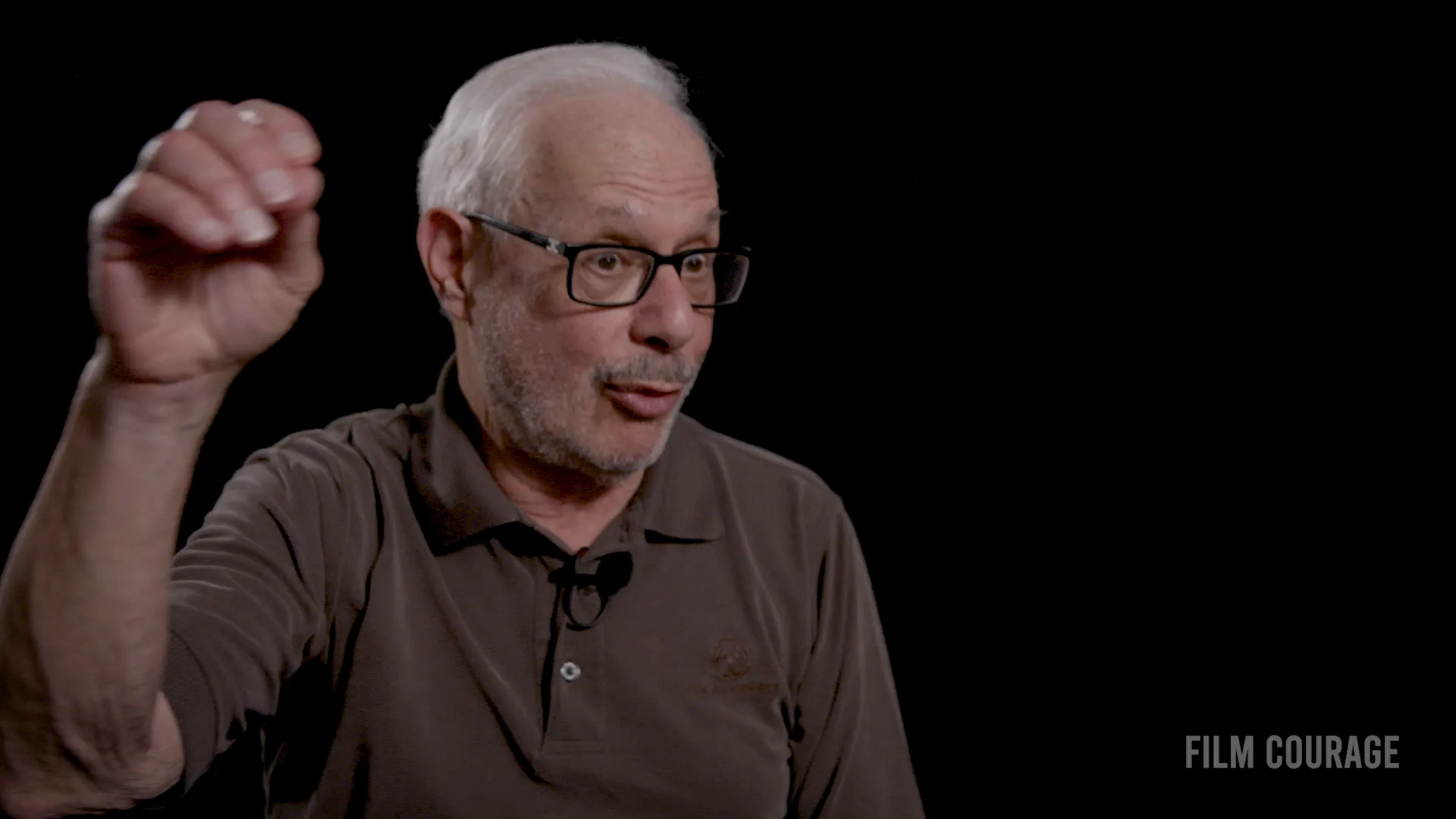
Changing Environments: Urban vs. Rural
Chitlik contrasts life in Los Angeles with his current residence in a small Southern town. He notes the pressures associated with urban living, such as competition and the need to project a certain image. In LA, external markers like cars often symbolize status, adding to the pressure to conform. He observes a different culture in the South, where the focus is less on appearances and more on community and personal fulfillment.
For Chitlik, the change in environment has allowed for a more relaxed lifestyle, where he has the freedom to write at his own pace without the incessant pressures of the city. He emphasizes the importance of finding a setting that fosters comfort and creativity.
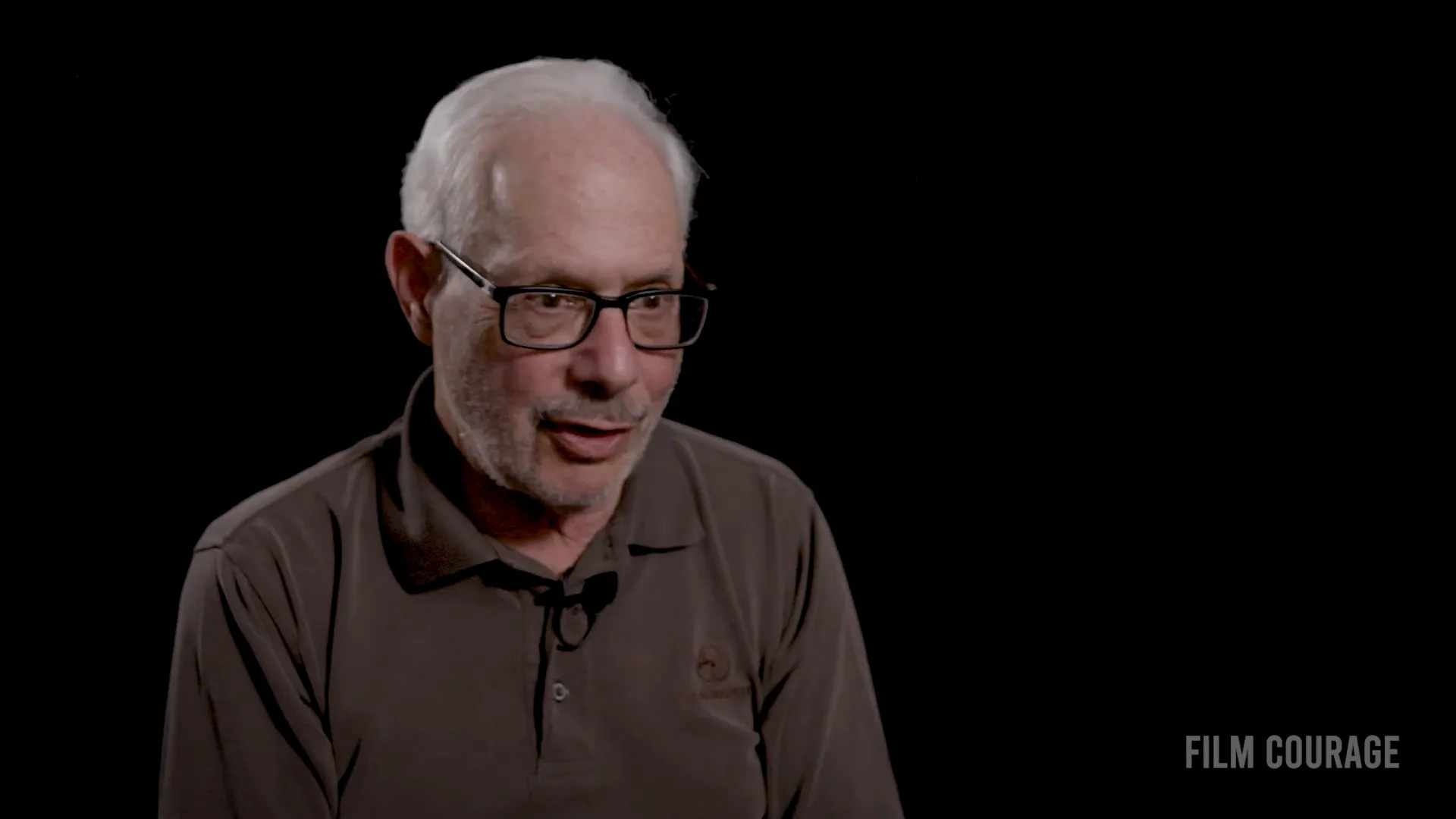
Embracing Competition and Conflict
In discussing competition, Chitlik acknowledges that some individuals thrive on it, while others may seek to escape it. He suggests that conflict can be necessary for growth, whether in professional settings or personal relationships. If you find yourself in a competitive environment that doesn’t align with your values, it might be time to reassess your situation.
He reflects on his own journey, noting that leaving Los Angeles felt like a natural progression in his life. The transition was not without its challenges, especially for his wife, who had to adjust to a less frenetic pace after leaving behind a high-powered career in television production.
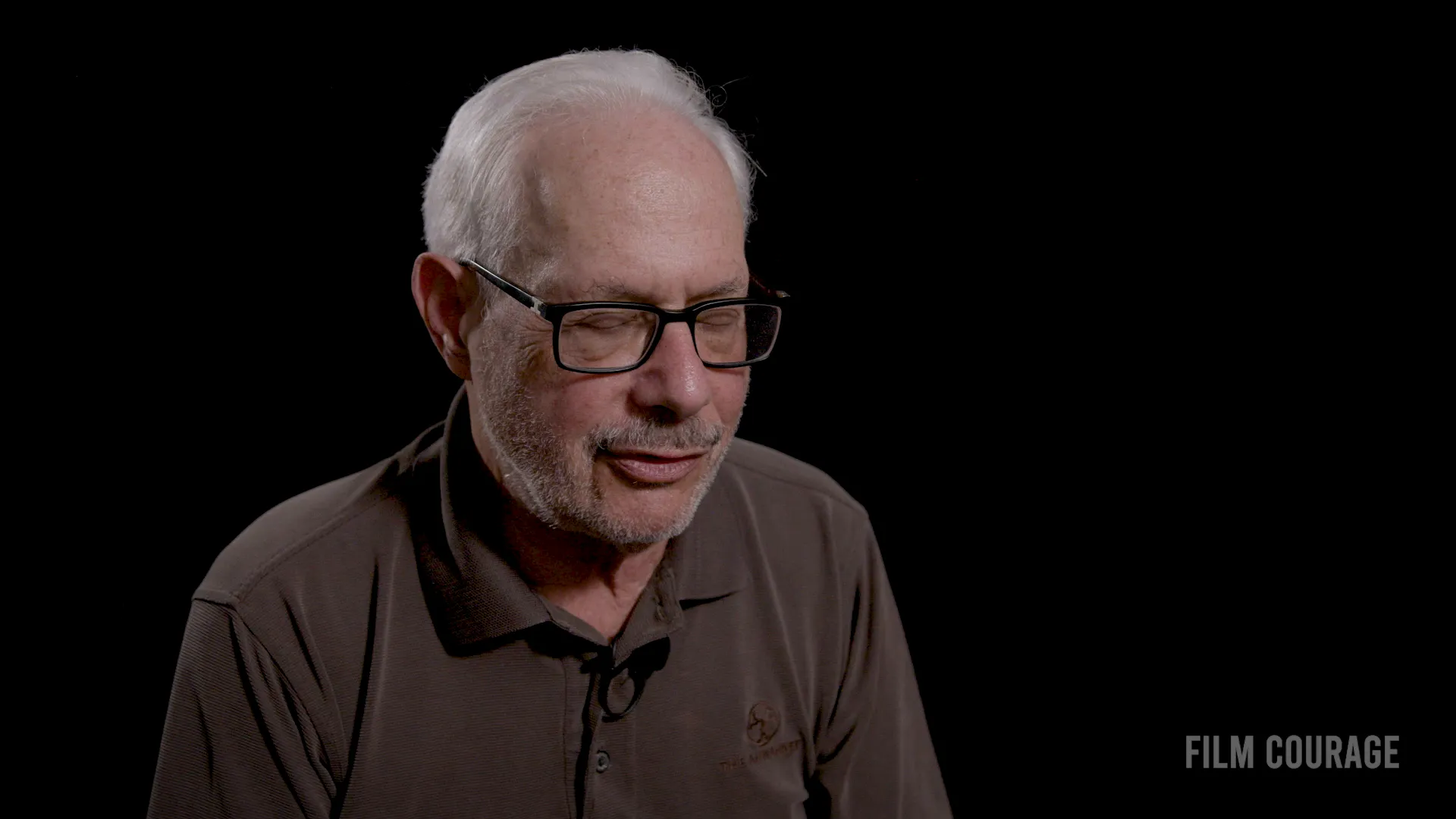
Finding Balance in Life Changes
Chitlik’s narrative illustrates the significance of balance in life. He describes a lifestyle where he can choose how and when to work, allowing him to focus on writing without the constraints of a traditional job. This newfound flexibility has been liberating, enabling him to create a schedule that aligns with his personal goals and passions.
He also highlights the importance of community in this new phase of life. With access to both social settings and serene environments, he enjoys the best of both worlds. This balance enhances his ability to write and engage with friends and family meaningfully.
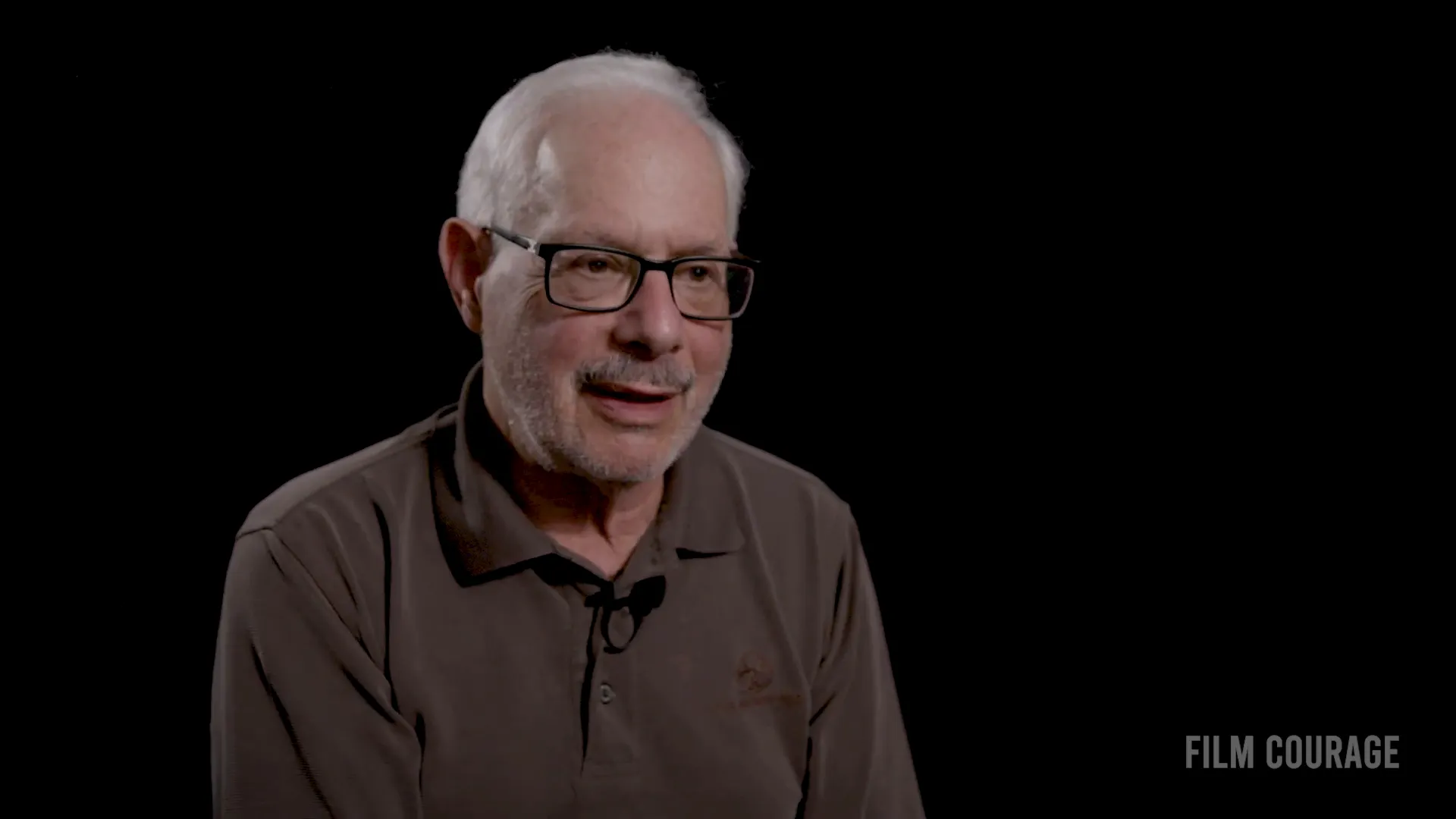
Conclusion: Encouraging Future Generations
As Chitlik reflects on his life, he also considers the aspirations of his grandson. He emphasizes the importance of nurturing creativity and ambition in the younger generation. Whether his grandson chooses to be a writer or a truck driver, the key is to support his passions and encourage him to pursue what he loves.
In closing, Chitlik’s insights serve as a powerful reminder that change is not only possible but can lead to a more fulfilling life. By embracing self-examination, seeking help, and finding the right environment, anyone can navigate the complexities of midlife and emerge with renewed purpose.
FAQs
What are the first steps to take when considering a life change in midlife?
The first step is self-reflection. Ask yourself critical questions about your current happiness and fulfillment. Once you recognize the need for change, consider seeking help through friends or professionals.
How can I deal with the pressures of urban living?
Finding a supportive community and creating a balance between work and leisure can help. Consider seeking environments that allow for creativity without the constant pressure of competition.
Is it possible to change careers in midlife?
Absolutely! Many people successfully change careers in midlife. It requires courage, planning, and often a willingness to start anew, but it can lead to greater fulfillment.
How do I support my children in pursuing their passions?
Encourage them to explore their interests and provide opportunities for them to engage in activities that spark their creativity. Support their choices, whether they align with traditional paths or not.
What can I do if I feel stuck in my current life situation?
Consider seeking professional guidance, whether through counseling or mentorship. Engaging in self-exploration activities, such as journaling or workshops, can also provide clarity on your desires and next steps.





